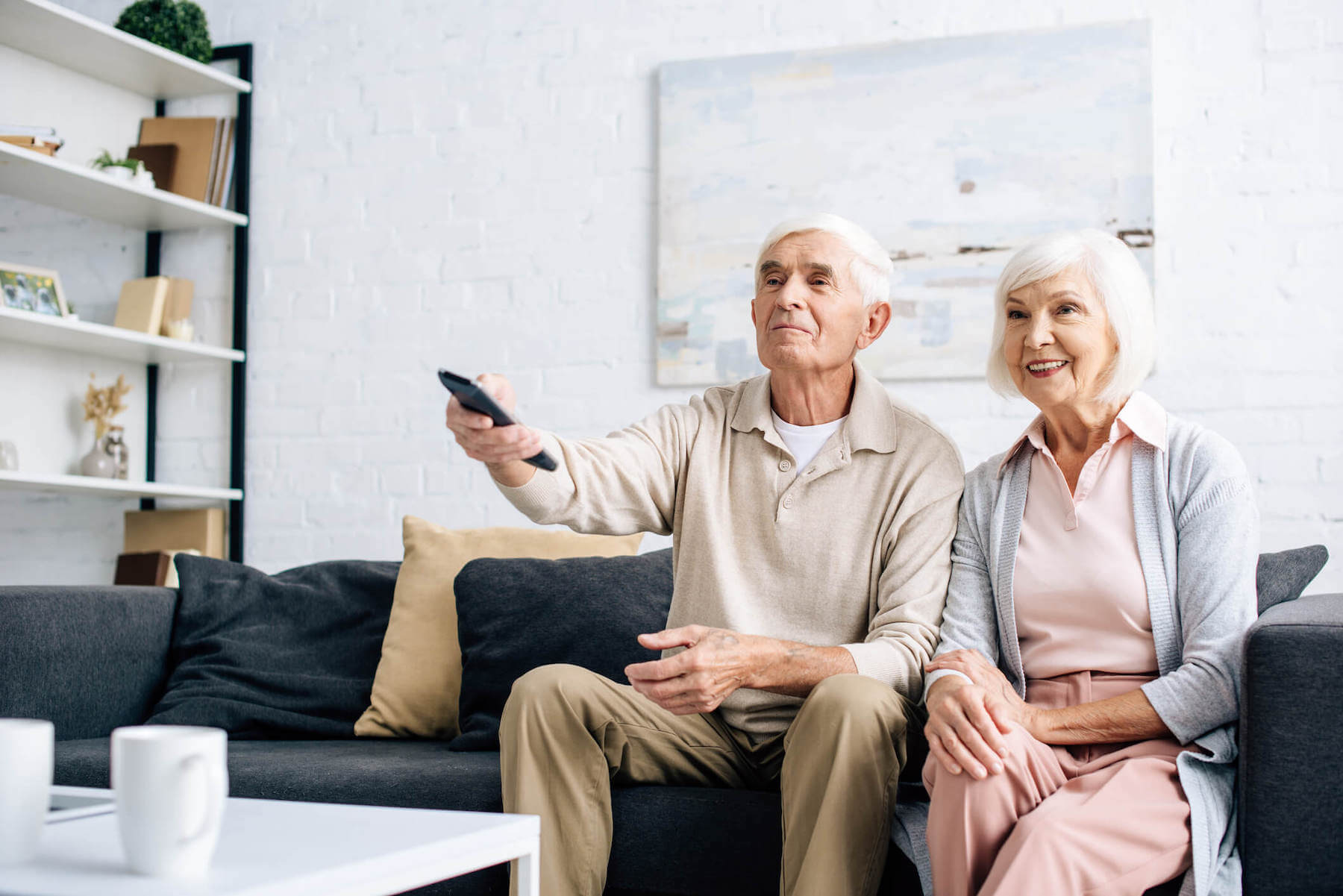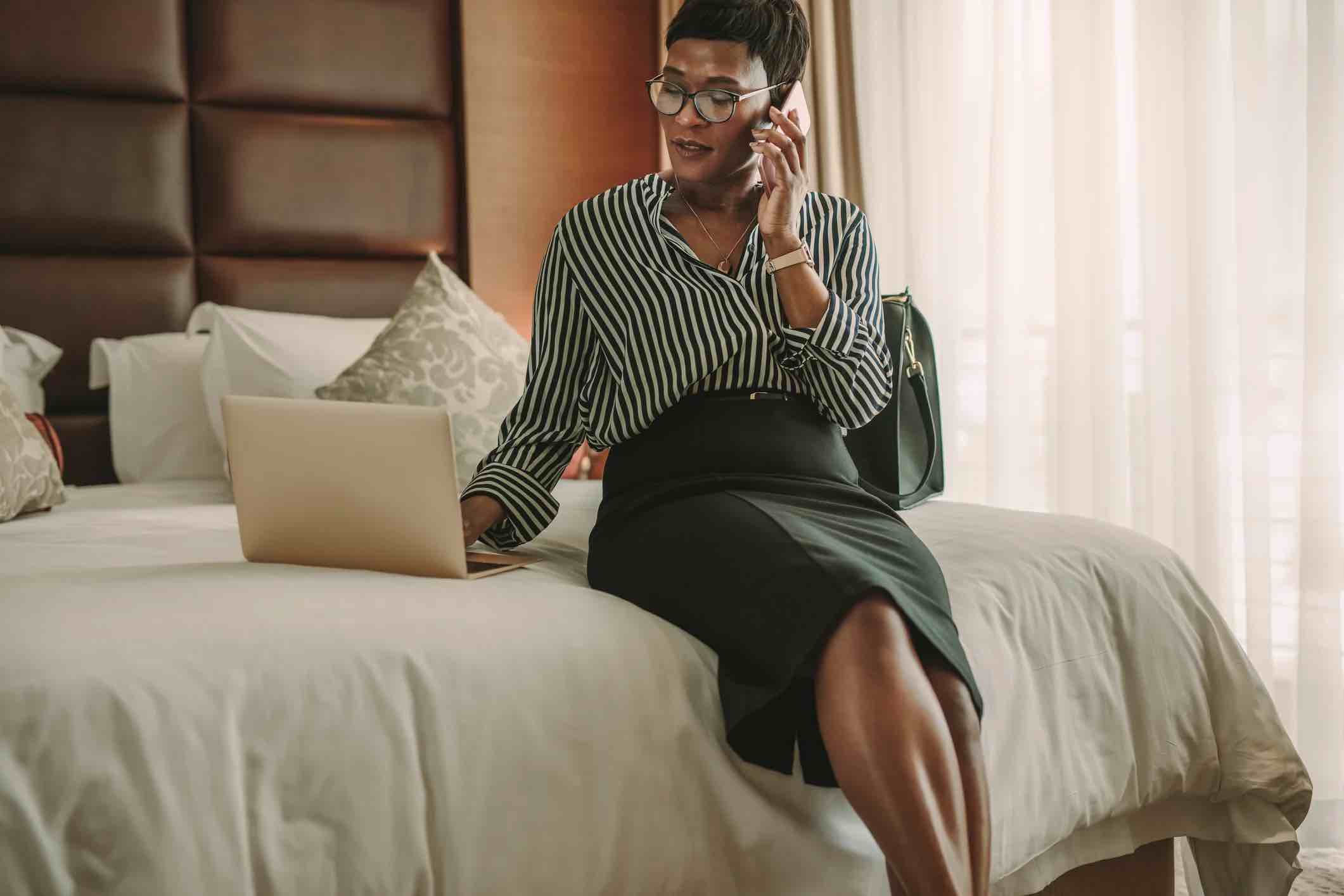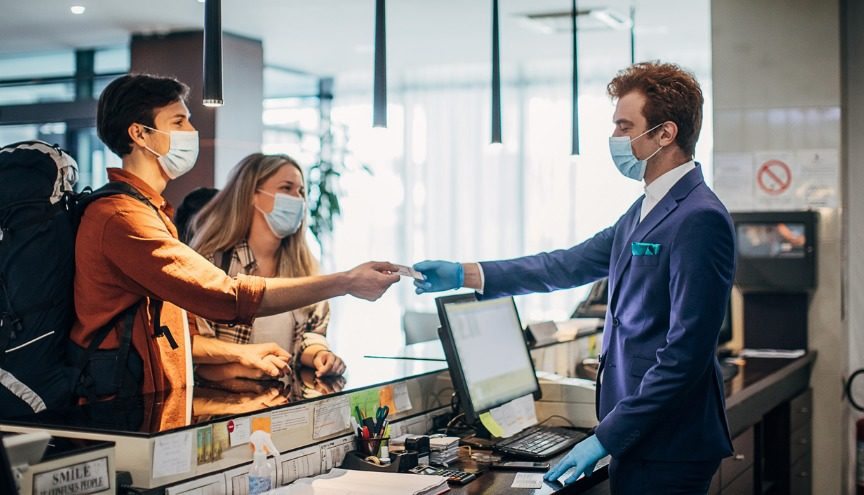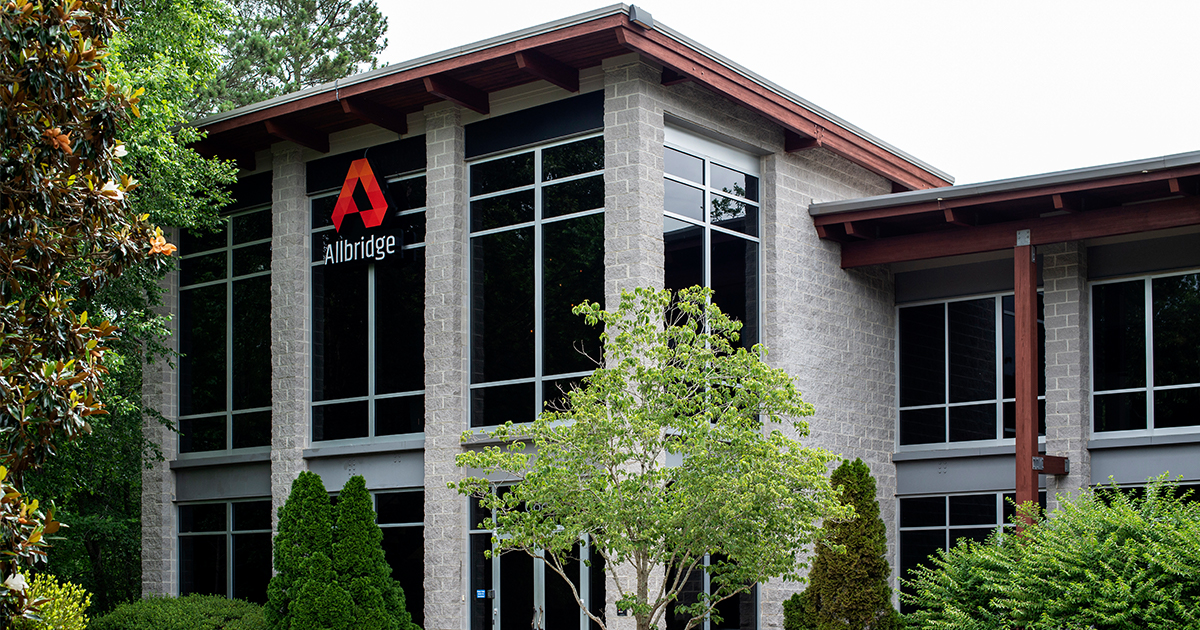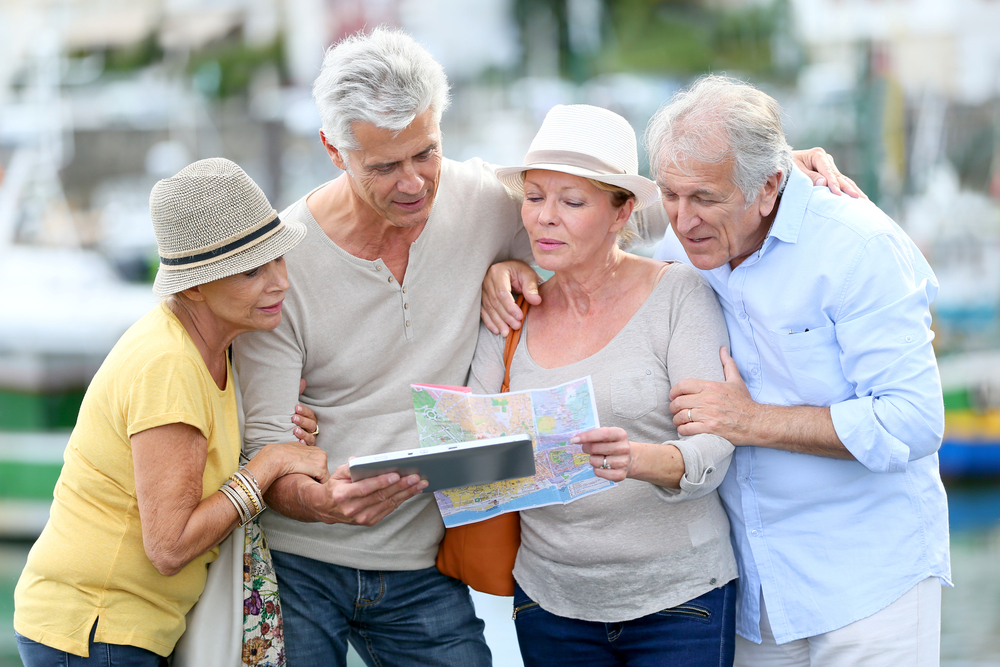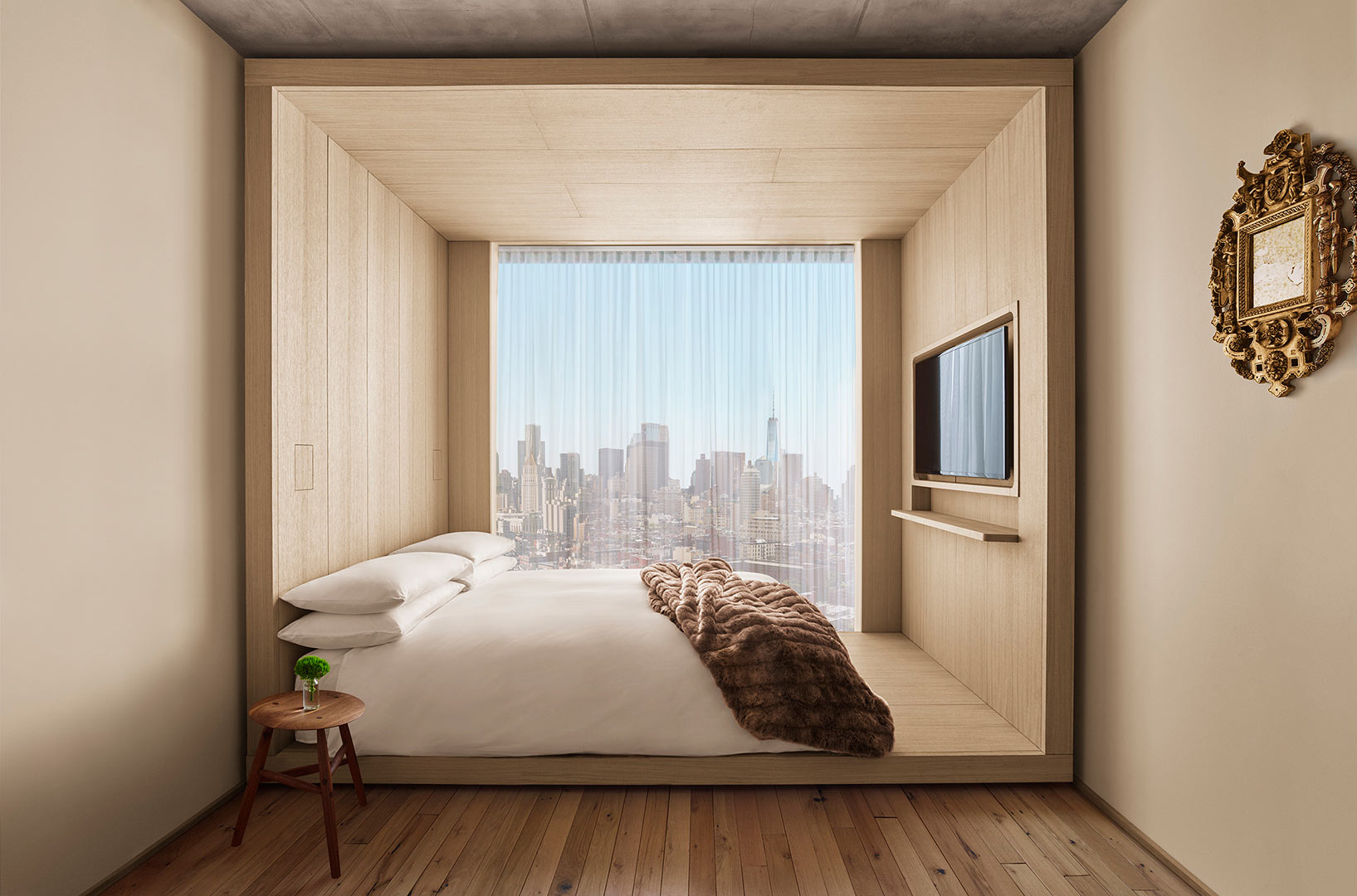As the manager of a senior living property or skilled nursing facility, you’re focused on doing everything you can to ensure your residents are comfortable in your community. One of the more streamlined ways to accomplish that is to offer your residents television services that mimic the experiences they’ve grown accustomed to in recent years.
